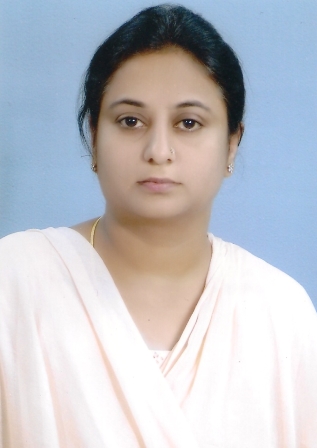
Mangalore, August 15: Shamina Shafiq, member of National Commission for Women (NCW) will be visiting the city on Thursday to inquire into Morning Mist Home Stay attack on July 28, where a mob assaulted a group of boys and girls.
She would be finding out what went wrong in the whole incident. “The July 28 attack at 'homestay' at Padil has shocked the NCW. This is a serious issue. We are coming to Mangalore to get a first-hand account of the incident,” she said.
Ms. Shafiq said the NCW had taken a suo motu cognisance of the attack on women. “We had sought for the ATR (action taken report) from the local police, which we have not received till date.” Ms. Shafiq said the NCW was not happy with the interim report submitted by the Chairperson of the Karnataka State Commission for Women C. Manjula. “I am not going to make any comment on her findings,” she added.
During the two-day visit, Ms. Shafiq said the NCW team would be meeting women victims who were allegedly assaulted by the members of the Hindu Jagaran Vedike on July 28.
The team would also meet the parents of the victims, she added.
To a question on the delayed visit by the NCW team, Ms. Shafiq said the NCW did not want the investigation to be affected by their visit. She denied that the visit was to counter the findings of the Karnataka State Commission for Women. “We are not here to do politics. The NCW is interested in knowing what went wrong here,” she said.
Congress leader P.V. Mohan has filed a complaint with the NCW seeking action against the inhuman assault on women at a 'homestay' at Padil on the outskirts of Mangalore on July 28.





Comments
Add new comment